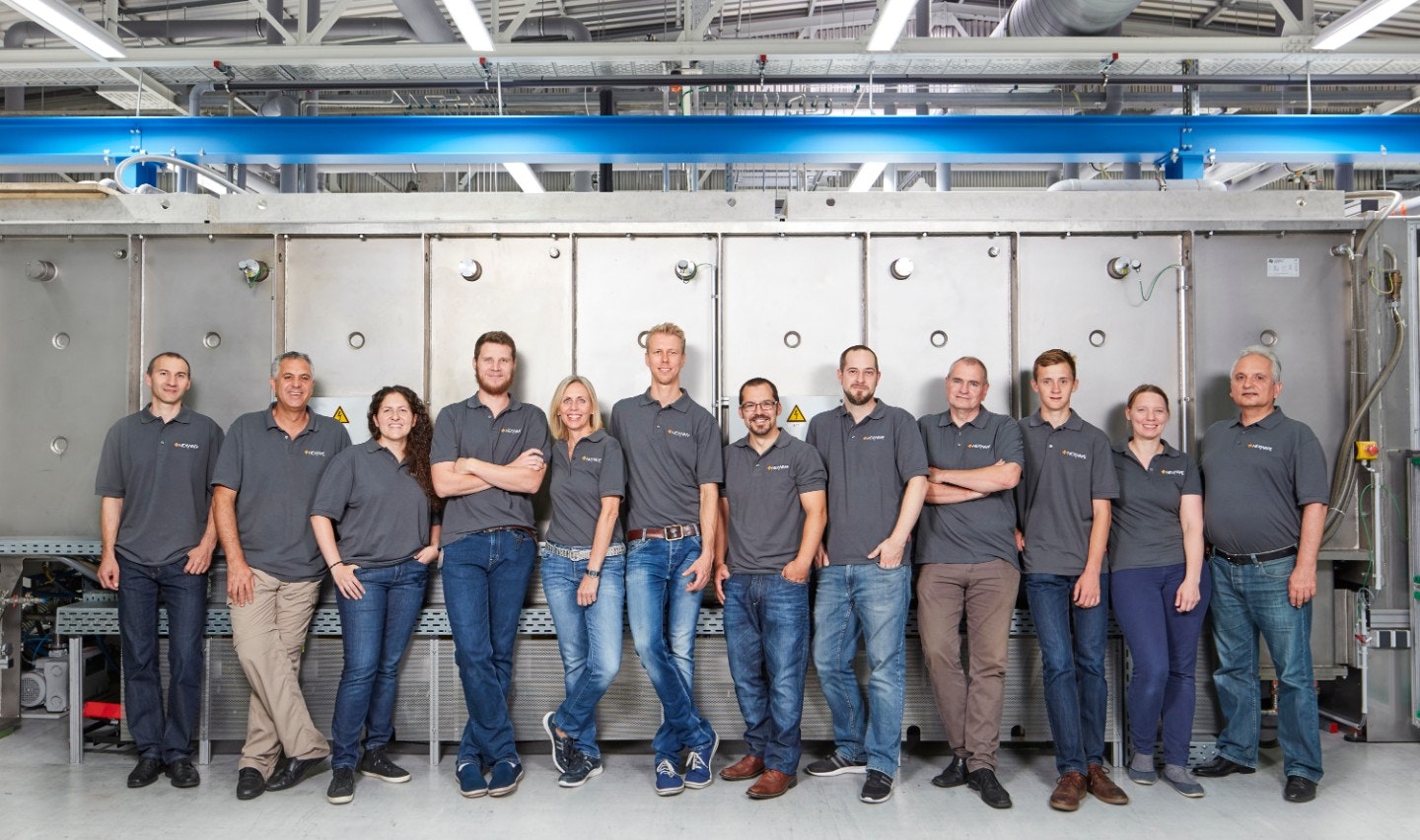There is never a good time for a crisis. As you read this now, you’re possibly thinking back to the last time you and your colleagues had that gut-wrenching moment of realisation followed by hours (or even days) of work to right the ship.
In my case, I wasn’t even at work at the time. I was on a training exercise, deep in the wilds of Finland, in a particularly remote area, doing the mandatory military service we all have to do in Finland. The war in Ukraine had not long broken out, so things were pretty tense in my part of the world.
It was not the perfect time to hear that a leading newspaper in the UK had incorrectly identified my company, HappyOrNot, in a less-than-flattering article.
It reported that our products were at the centre of a staff morale issue within the then prime minister’s office. This was in the aftermath of the news that staff and ministers had taken part in Covid lockdown-breaking parties, a major national scandal engulfing the UK at the time.
Immediately, the team checked our records: There were no HappyOrNot terminals in Number 10 and the other buildings in question. The story was wholly incorrect.
So how to deal with it?
Our first thought was to get in touch with the newspaper and request a correction. This was initially appealing, especially given that the article contained a quote from an anonymous source describing our technology as “patronising“, as well as a negative quote from a trade union figure.
But then we took a step back.
A small correction would be unlikely to make much of an impact; it certainly wouldn’t reach as many people as the original story. Perhaps, instead, we could use this as an opportunity.
This is what we did:
-
Assess the situation
We took a look at the crisis unfolding in front of us. Is this a one-day story? How many people are actually going to read it? Is it really going to hurt the brand?
-
Put a team together
You need a core team in situations like this. An emergency crew. It needn’t be top-heavy; less is probably more in a situation like this. You can always loop more people in if and when the situation develops.
-
Delegate
Decisions need to be made quickly. Every minute and hour counts, as the situation evolves and press deadlines come and go, and the window of opportunity narrows (or may pass entirely).
Like a lot of people with my career path, I think about management and decision-making a lot: ways of working, how to work smart or optimise a process, involving the right people for the mission and reaching the best possible endpoint.
You have to decide what the decision-making process looks like and whether someone needs executive sign-off powers.
In this case, I was in the middle of the wilderness with barely any mobile signal — so I had to delegate pretty much everything.
I had to trust the judgement of my team completely and have faith in my colleagues, in what was a very serious situation.
-
Position
On the one hand, you want to figure out how to use the situation to your advantage, but on the other, you don’t want to come across as being overly promotional, crass, or cynical.
In our case, we contacted the newspaper that had initially run the story and said that rather than a retraction, we’d like the chance to write an opinion piece for the digital edition to clarify the situation.
In the resulting article, we proudly flew our colours — setting out our stall, correcting the record and using the space to give advice to those looking to improve their organisation through customer and employee feedback insights.
Through that article, we secured a radio appearance. I was interviewed live on-air, in my second language, from a fully packed storage room with dreadful signal. It was certainly a scenario that I don’t recommend replicating. But it was a vital step to take.
Conclusions
No two companies are the same and not every crisis is an opportunity. But the process and blueprint are replicable: be objective, theorise the many potential eventualities, make an assessment, pick a team and go for it.
In our case, we came away from this crisis knowing ourselves far better and having defended our mission robustly (and hopefully having changed some minds). If handled correctly, a crisis can be turned into an opportunity. But then again, if not, and the worst happens, there’s no such thing as bad publicity, right?



